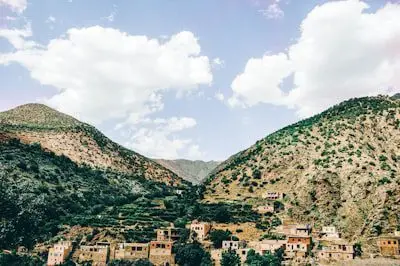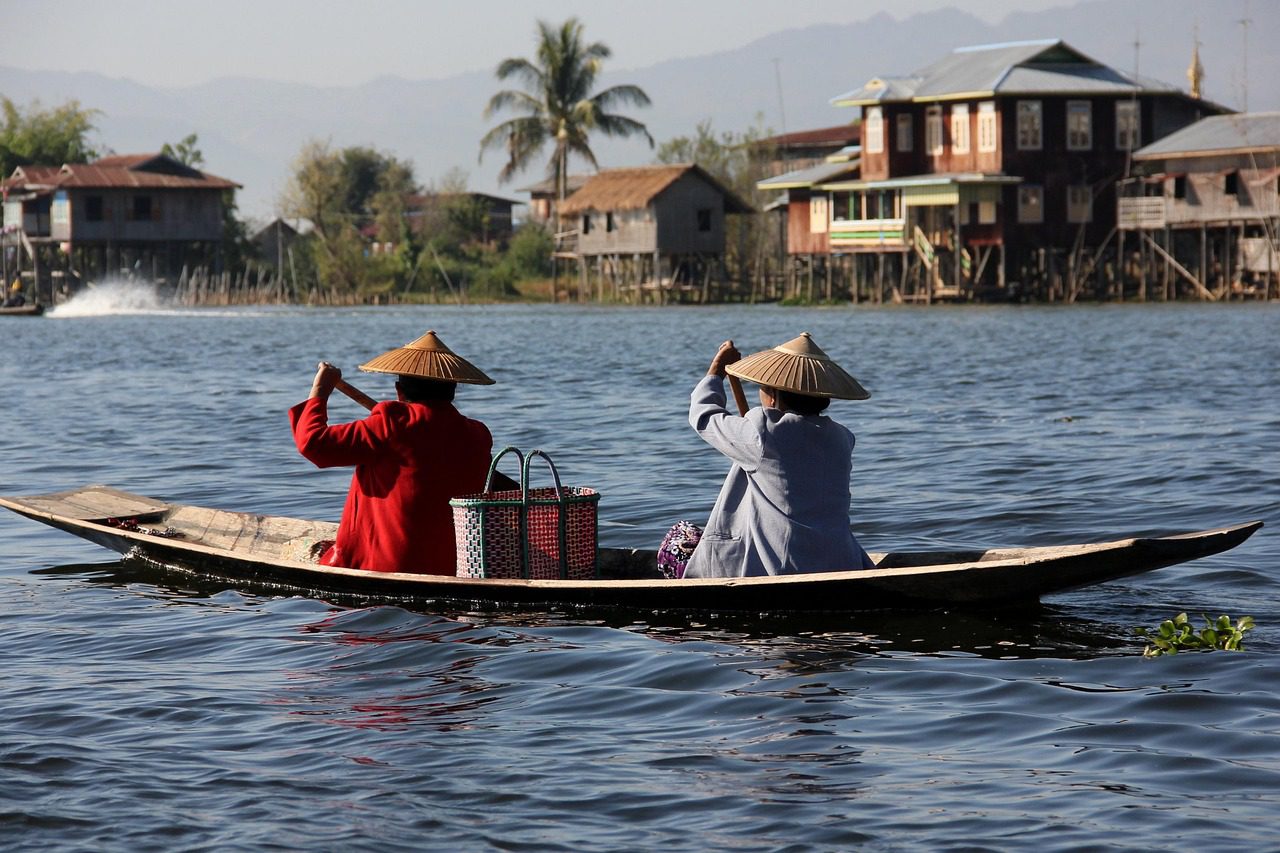Zamfara State, Nigeria — In a horrifying escalation of violence in Nigeria’s northwest, 38 residents of Kaura Namoda Local Government Area were brutally murdered by armed bandits just weeks after families had paid a hefty ransom to secure the release of their kidnapped loved ones. The latest attack, which occurred in the Banga village, has shocked local communities and underscored the growing power and impunity of non-state armed groups operating in rural Nigeria.
Hostages Freed, Then Executed
Three months ago, dozens of residents from Kaura Namoda town and Banga village—predominantly women and children—were abducted during a violent raid carried out by heavily armed men on motorcycles. Following desperate pleas, relatives and villagers managed to gather ransom payments through community fundraising, loans, and personal assets. The captives were eventually released.
However, in an unexpected and tragic twist, the same group of criminals returned weeks later and opened fire on the very communities that had negotiated in good faith. Survivors recount that the bandits accused the villagers of alerting security forces about their activities. Despite no evidence supporting the claim, the gunmen launched a retaliatory attack, killing at least 38 people in cold blood.
Insecurity Deepens in Nigeria’s Northwest
Zamfara has become one of the most affected states by rural banditry and mass abductions over the past few years. What began as cattle rustling and small-scale criminality has evolved into a large-scale insurgency with paramilitary structures, funding mechanisms through ransoms, and cross-border weapons networks.
Local authorities in Zamfara have repeatedly appealed for federal support, but residents say there’s little sign of sustained security presence in most rural areas. Even when security forces are deployed, their effectiveness is hindered by limited resources, poor intelligence, and lack of community trust.

Government Response Under Scrutiny
The federal government has condemned the attack, promising an investigation and increased troop deployment. However, critics argue that condemnation without action has become a recurring theme in Nigeria’s handling of rural insecurity. Despite numerous military operations launched in the past two years, bandit groups continue to roam freely across forests and border towns, often outgunning local vigilantes and security patrols.
In the aftermath of the killings, civil society organizations and human rights advocates have renewed calls for a comprehensive rural security strategy, community-led early warning systems, and strict regulation of ransom payments—which may inadvertently fuel future attacks.
A Broken Cycle of Fear
Residents of Kaura Namoda now live in fear of repeat attacks. Schools remain closed, farming activities have halted, and displaced families are seeking refuge in neighboring towns. For many, the sense of abandonment by the government is as devastating as the violence itself.
“We paid, they released our people, and still they came back to kill us,” a local elder lamented. “What else do they want from us?”
Conclusion: Urgency for National Action
The Zamfara massacre illustrates a growing national emergency that extends beyond one state. Nigeria’s northwest is under siege from bandit networks that operate like organized militias. Addressing this crisis requires more than military might; it demands a coordinated, well-funded policy response focused on justice, development, intelligence sharing, and local engagement.
Until the state can restore trust and protect its citizens, communities like Kaura Namoda will continue to bear the brunt of a security vacuum that endangers lives and undermines national stability.
for more news visit our website




